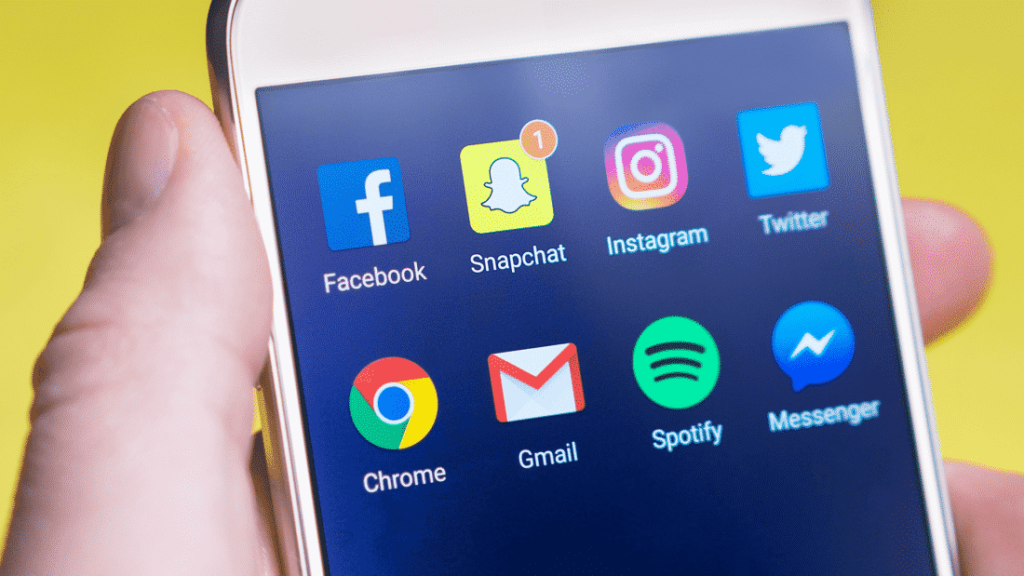Table of Contents
Adding location to your brand’s mobile app will improve engagement and drive downloads.
As an app publisher, it’s important to keep your audience interested and engaged. Nobody wants to slip into a folder on the third page of the home screen. To keep users fascinated by your app, it’s crucial that you provide them with content that is relevant and provides them with value. One way of doing this is with location.
Apps are integral parts of daily micro-moments, with users spending on average over 30 hours per month in apps. These micro-moments are important for brands to connect with their customers and it’s here that apps create relationships with their audiences.
A mobile app can complement a brand’s offline experience, drive online sales, or just connect with audiences. One thing that improves all of these experiences is location.
Location and engagement for brand apps
Most users are downloading brands app for mainly practical reasons. Maybe it’s to track their orders or find physical real world locations without having to attempt to navigate their mobile browser. But what if it was possible to provide value to users beyond this.
Using location, you can push to your users based on where they are. Further, it’s possible to achieve this at relevant times. For example, you can send a notification to your app audiences when they are close by to a physical store, with promotions, connecting the digital to the physical store. Users who have a positive experience of an app are more likely to keep them installed. Apps that ease their daily lives are valuable, and contextual notifications are valuable for apps.
An example of this can be informing users of offers in nearby places. Understanding where your app is used and prompting them with solutions when in these locations before they even think to use your app as a solution. For example, imagine you have a high street clothes store app on your phone. When you walk into the store you look at your phone to see a notification with something along the lines of “welcome to [insert your store name], head to the third floor for 30% off lingerie”. You can even know that the user has been searching for lingerie already on your app and segment the delivery of these notifications to those whom it’s most relevant. Personalisation is key with proximity mobile marketing.
Driving in-app sales
For all those e-commerce apps out there, number one is sales. How can you drive sales and ensure that you are targeting the right app users with the right notifications? Well, using the Tamoco proximity SDK you can understand how your users behave. That means if you are an online meal delivery app, you can gain insights into which app users have visited venues on your order list. You could then, for example, send a notification to users that reads something along the lines of “why not enjoy [insert restaurant name] for dinner tonight. Available through [insert your app]. Again this provides huge value for the user, optimises your mobile marketing spend and boosts in app sales.
Using the Tamoco analytics platform you can see where your users are making purchases and generate insights around their behaviour. All this is crucial to understanding how audiences are engaging with your app.
Don’t get lost in the app store back catalogue. Make sure that your app engages and reengages with audiences using location via the Tamoco proximity SDK.
Grow your app with Tamoco
James is the head of marketing at Tamoco




Leave a Reply